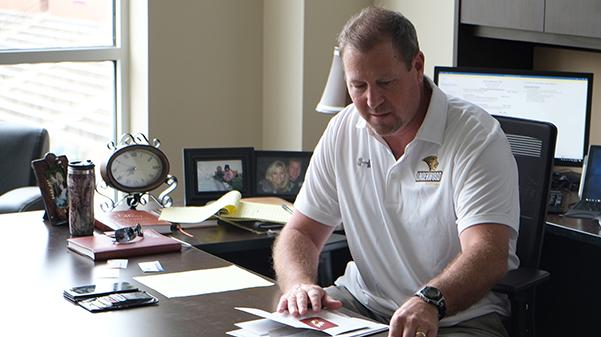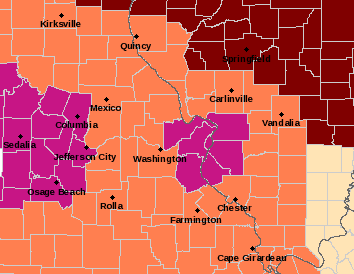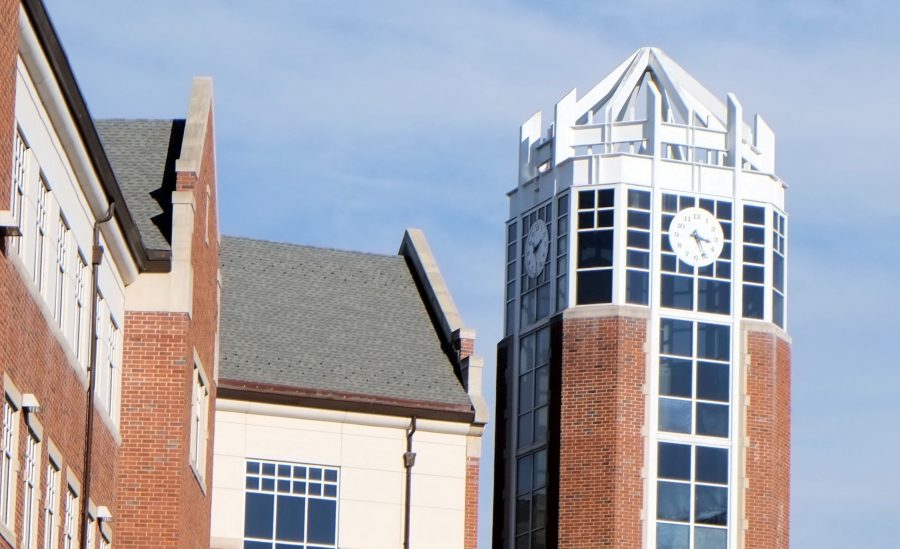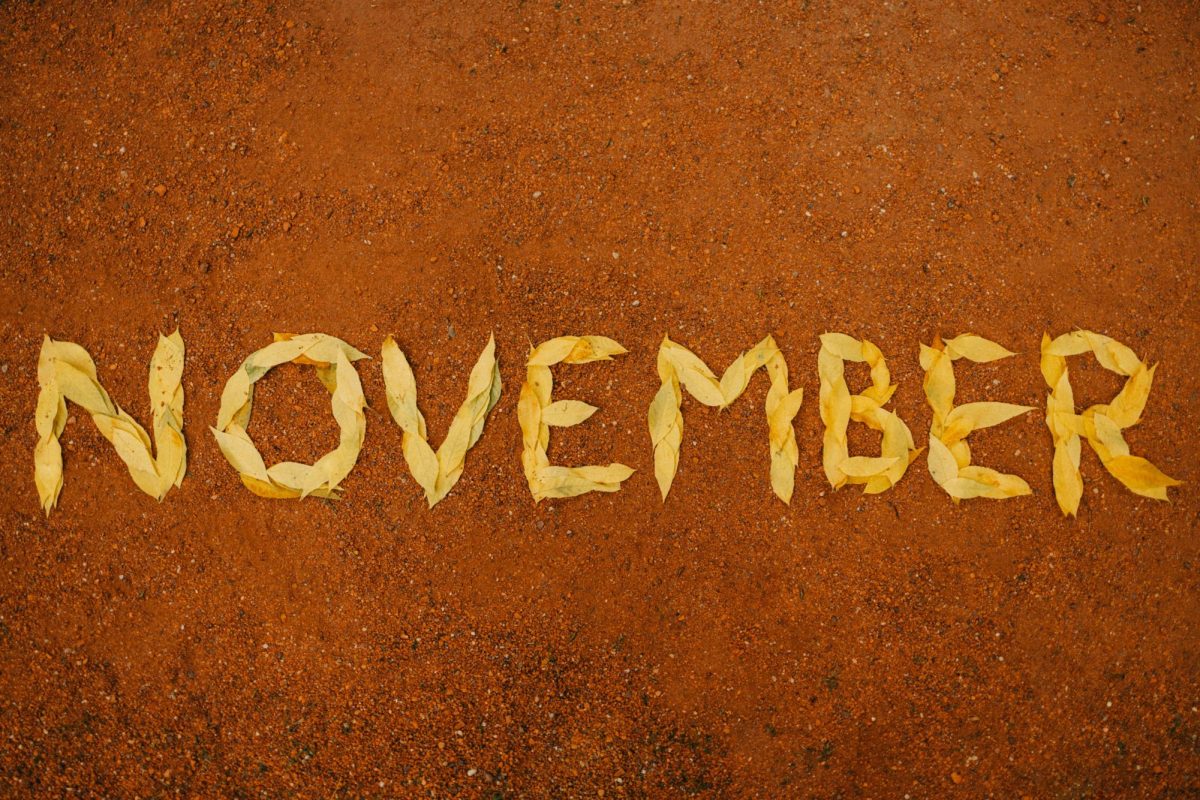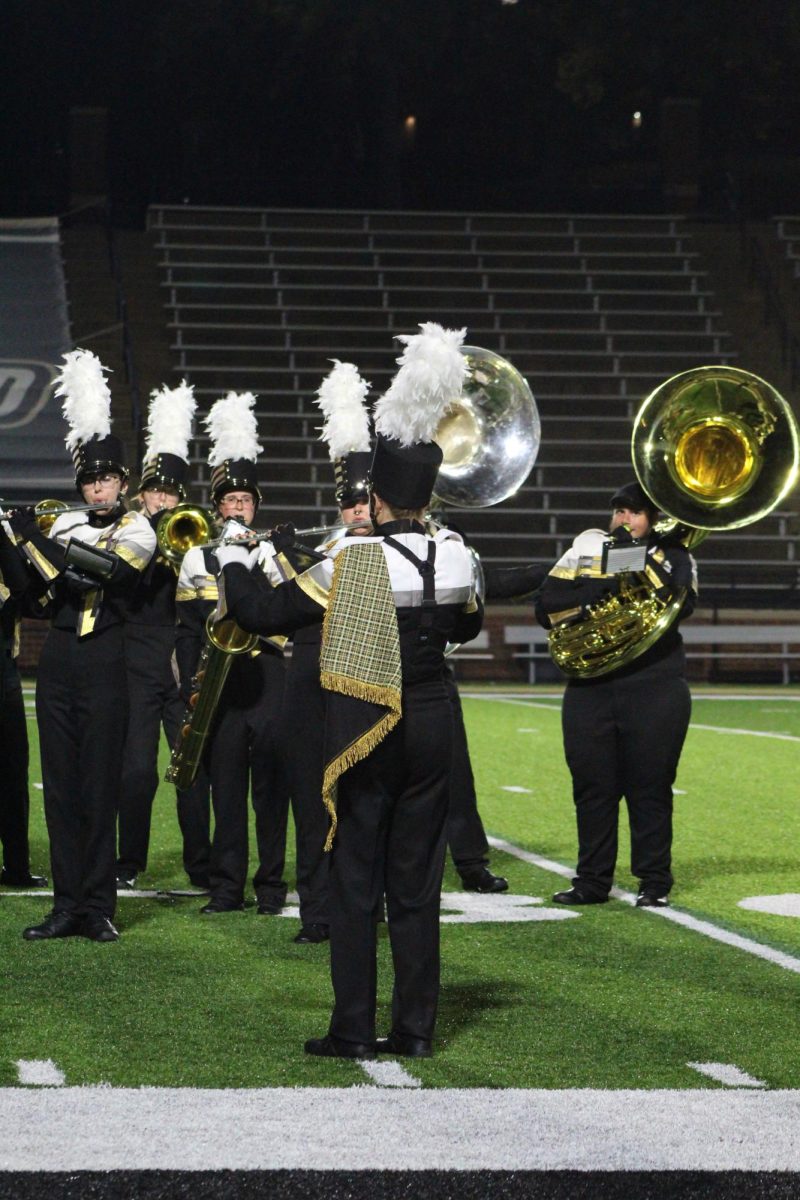Christine Hoffmann | Lindenlink Contributor
The 2012 Missouri voting for a Republican presidential candidate is taking a sharp turn away from tradition by holding both a primary and a caucus.
Missouri has traditionally held primaries to elect a candidate, but state legislators have recently decided to adopt the caucus system which hasn’t been used in the state since 1996.
In a primary, polls are open most of the day and voters are free to cast their ballots at any time. Those attending a caucus, however, must meet in a certain location and stay for several meetings before they vote publicly at a specified time.
Officials in Jefferson City attempted to push the Feb. 7 primary back to comply with the National Republican Party’s rule that certain state primaries could not be held before March 6. When the Missouri Congress was unable to move the date, it voted to switch to a caucus system with the caucus being held March 17. This means, however, that all votes in the primary will not count toward Missouri’s Republican nomination.
“If it has no meaning, why spend millions of dollars having one?” said Sen. Kevin Engler, R-Farmington in the Post Dispatch. “We’re slashing budgets throughout state government, so there is just no justification for spending $6 million on what amounts to a beauty contest.”
Republican candidate Newt Gingrich agrees with such an argument and did not put his name on the ballot because of it.
“The Missouri primary doesn’t have any delegates attached to it and so this was a conscious decision,” he said at a news conference in New York.
The Feb. 7 primary will count toward the Democratic nomination, however, and any chances of the primary being used as a straw poll have been eliminated by Gingrich’s name not being on the ballot.
Auditor Tom Scheweich and former Senator Jim Talent saw Gingrich’s decision as being disrespectful to the state of Missouri.
“It is a mistake to ignore the Missouri primary as caucus goers and delegates will be influenced by the results of the primary,” they said in a statement.
Some people are unhappy that Missouri is moving to a caucus system because historically less people participate. It is a longer process than voting in a primary. Caucuses are also typically dominated by party activists and may not represent a majority of voters.
Phil Christofanelli of St. Louis, a member of the Missouri Republican State Committee, disagrees.
“I like the caucus system because I think it encourages people to get involved,” he told the Post Dispatch. “It’s a much more involved process than simply showing up and casting a vote in a primary.”





